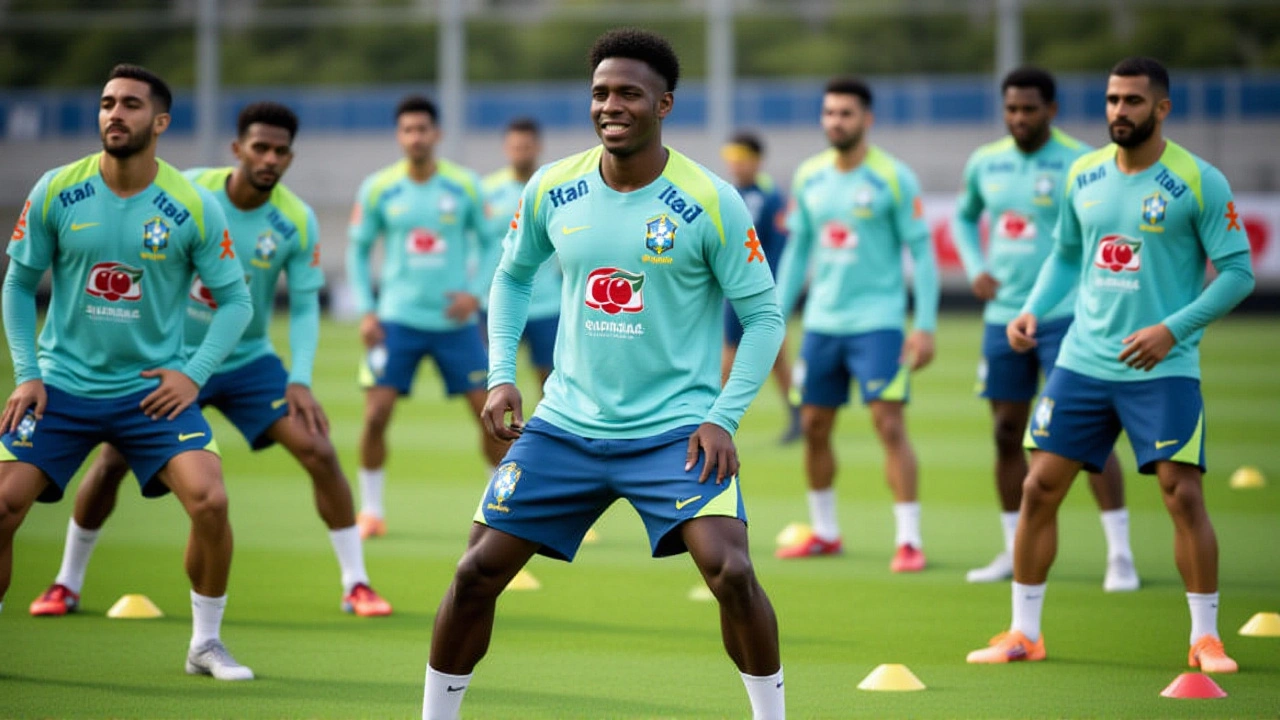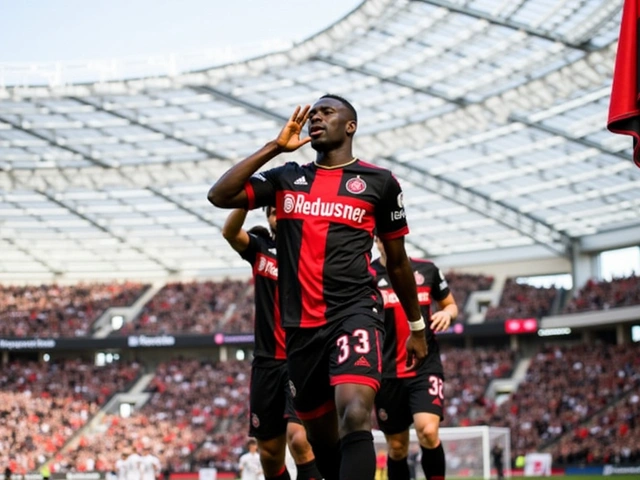Carlo Ancelotti – The Mastermind Behind Football’s Biggest Wins
When we talk about Carlo Ancelotti, the Italian manager famed for winning league titles in five different countries. Also known as ‘the Super Coach’, he blends calm leadership with tactical flexibility, making him a benchmark for success in modern football. His resume includes two stints at Real Madrid, where he lifted the UEFA Champions League trophy three times, and a trophy‑laden era at AC Milan, where his side dominated Europe in the early 2000s. These achievements prove that Carlo Ancelotti embodies the rare ability to win at the highest level across cultures.
Why Ancelotti’s Legacy Matters
One key to his success is the way he adapts to each club’s identity. At Real Madrid, a squad built on star power, he demanded collective discipline, showing that UEFA Champions League success hinges on squad harmony as much as individual brilliance. In Milan, he leveraged a balanced midfield to control games, illustrating the semantic triple: Carlo Ancelotti encompasses tactical versatility. This versatility translates into a manager’s toolkit that other coaches, like Pep Guardiola, study for ideas on positional play and player rotation.
Beyond trophies, Ancelotti’s influence spreads through his mentorship of younger coaches. He often grants his assistants leading roles, creating a ripple effect that reshapes coaching philosophies across Europe. For example, his calm demeanor inspired Real Madrid requires top‑level tactical leadership, a principle that now guides many Premier League and Serie A clubs. This mentorship chain links directly to the broader concept that football tactics influence managerial legacy, a pattern evident in the careers of many of his protégés.
Another aspect of his career is the ability to thrive under pressure. Whether navigating the intense scrutiny of the Spanish press or the demanding expectations of Italian fans, Ancelotti proves that adaptability enhances a manager’s longevity. His calmness in the locker room and willingness to rotate squads keep players fresh, a strategy that clubs like Liverpool and Chelsea have tried to emulate. This shows that Real Madrid’s demand for consistent performance drives coaches to adopt similar rotation policies.
When you look at his tactical toolbox, a few recurring themes emerge: flexible formations, man‑management, and a focus on transitional play. He rarely sticks to a single system, preferring to adjust based on opponent strengths—a lesson that resonates with modern analysts who stress data‑driven decisions. This approach underlines the semantic connection: tactical flexibility requires strong player relationships, a hallmark of Ancelotti’s philosophy.
Finally, his record in continental competitions underscores his strategic depth. Winning the Champions League with three different clubs demonstrates that success on Europe’s biggest stage isn’t tied to a single roster but to a manager’s ability to read games, motivate squads, and make decisive changes at halftime. This fact reinforces the earlier point that UEFA Champions League influences a manager’s legacy, cementing Ancelotti’s status among the elite.
Below you’ll find a curated list of articles that dive deeper into his tactics, career milestones, and the ripple effects he’s had on the sport. Whether you’re a fan, a budding coach, or just curious about what makes a manager tick, these pieces will give you practical insights and a fuller picture of why Carlo Ancelotti remains a benchmark in football management.
Japan Stuns Brazil 3-2 in Historic Tokyo Friendly
By Sfiso Masuku On 15 Oct, 2025 Comments (13)

Japan's 3‑2 comeback win over Brazil in Tokyo marks the first victory against the five‑time champions, reshaping Asian football's standing.
View More




